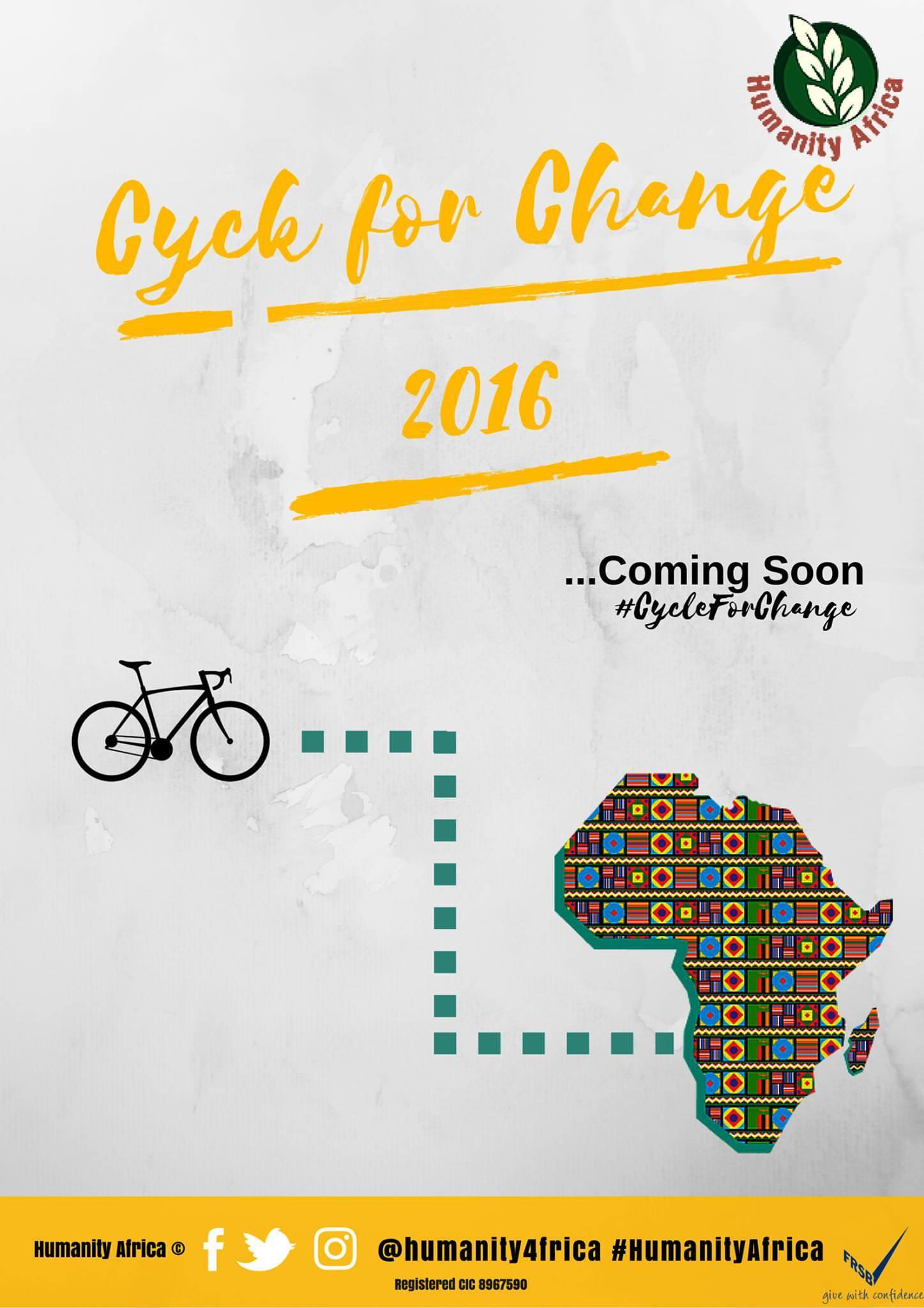Microfinance in Zambia
Microfinance has not yet taken off in Zambia, but it has transformed impoverished communities all over the developing world. Grameen bank is perhaps the most famous microfinance bank for its work in extending credit to the rural poor in Bangladesh. Kiva is also well-known for its international reach, servicing low-income people in countries all over the world.
Microfinance is the extension of financial services, often to the extremely poor who would normally not have access to such services. Microcredit is a subset of microfinance and refers to very small loans given to those people who have little or no collateral with which to finance a loan. As the microfinance movement spreads across the globe and practices improve, different forms of microfinance, such as group lending through cooperatives, have gained popularity.
One obstacle to social enterprise for rural farmers in Zambia is a lack of adequate money to fund initiatives. Through microcredit, farmers will be able to take out small loans to purchase new seeds, tools, and technology. When accompanied with proper training and awareness, such a change could break the vicious cycle of poverty and allow farmers to take their livelihood into their own hands.
Economic empowerment of the rural poor, and especially of women, is increasingly seen as the way to create a real lasting change in developing countries. Gender roles in rural Zambia are still split, with women tending to be limited to child care, household work, and subsistence farming. Increasing the access women have to other income-generating activities will lead to greater gender equity as well as the betterment of children and the entire community.
One type of microfinance is collective borrowing through the use of cooperatives; an example of this is a group of 30 women creating a cooperative in which they will pool their funds which they can use to take out larger loans. This method has been used in rural communities to purchase water tanks for all of the women in a village. Others have used cooperatives to purchase livestock or supplies.
In rural Zambia, microcredit loans can be used to create fish farms, improve current agricultural practices, purchase seeds for a diversified crop portfolio, reinforce and build wells, and start fish and poultry farms. Microfinance is for rural Zambia unforeseen and untapped potential and access to opportunities that were at one time not available.





